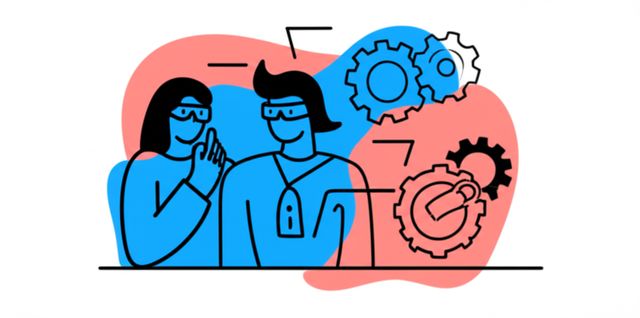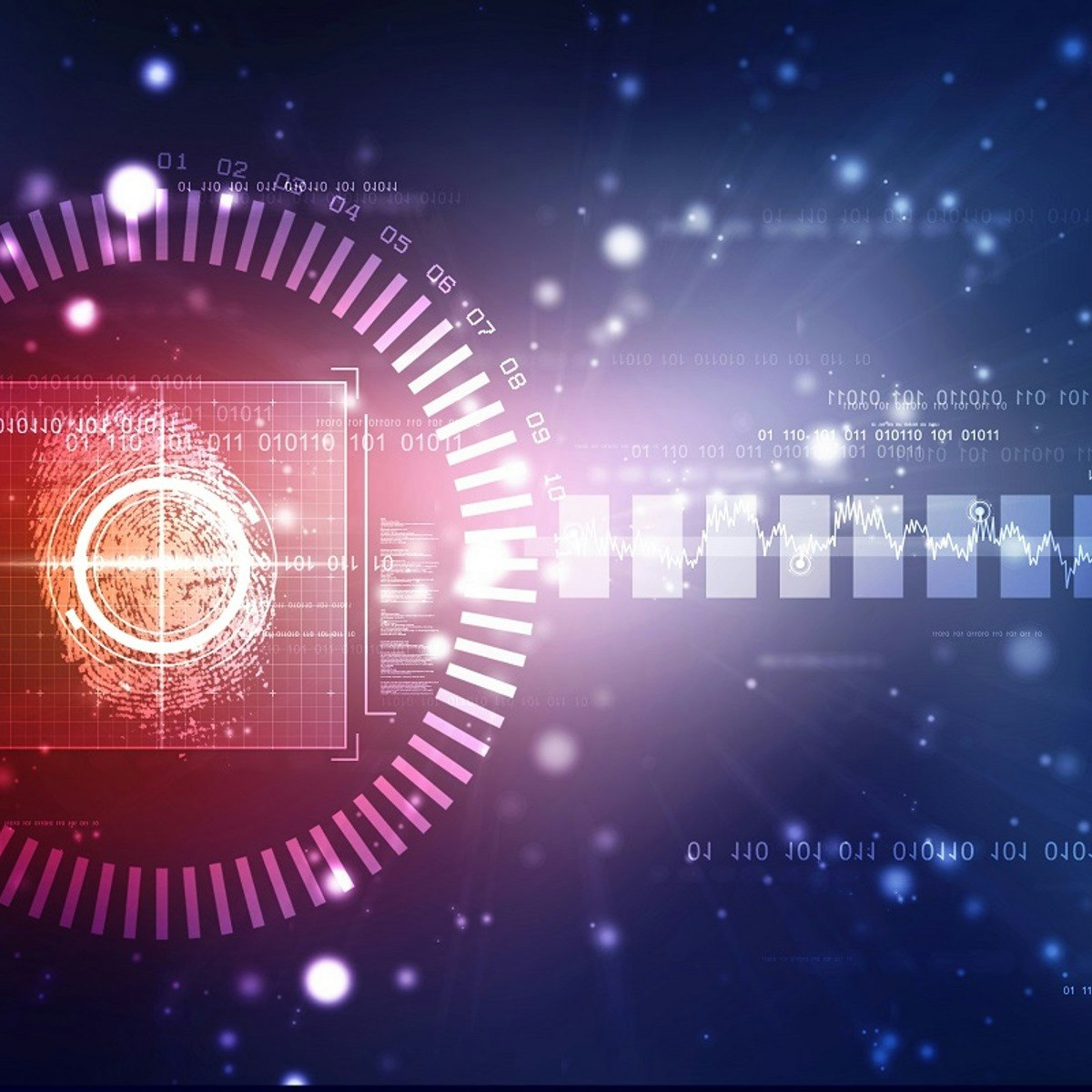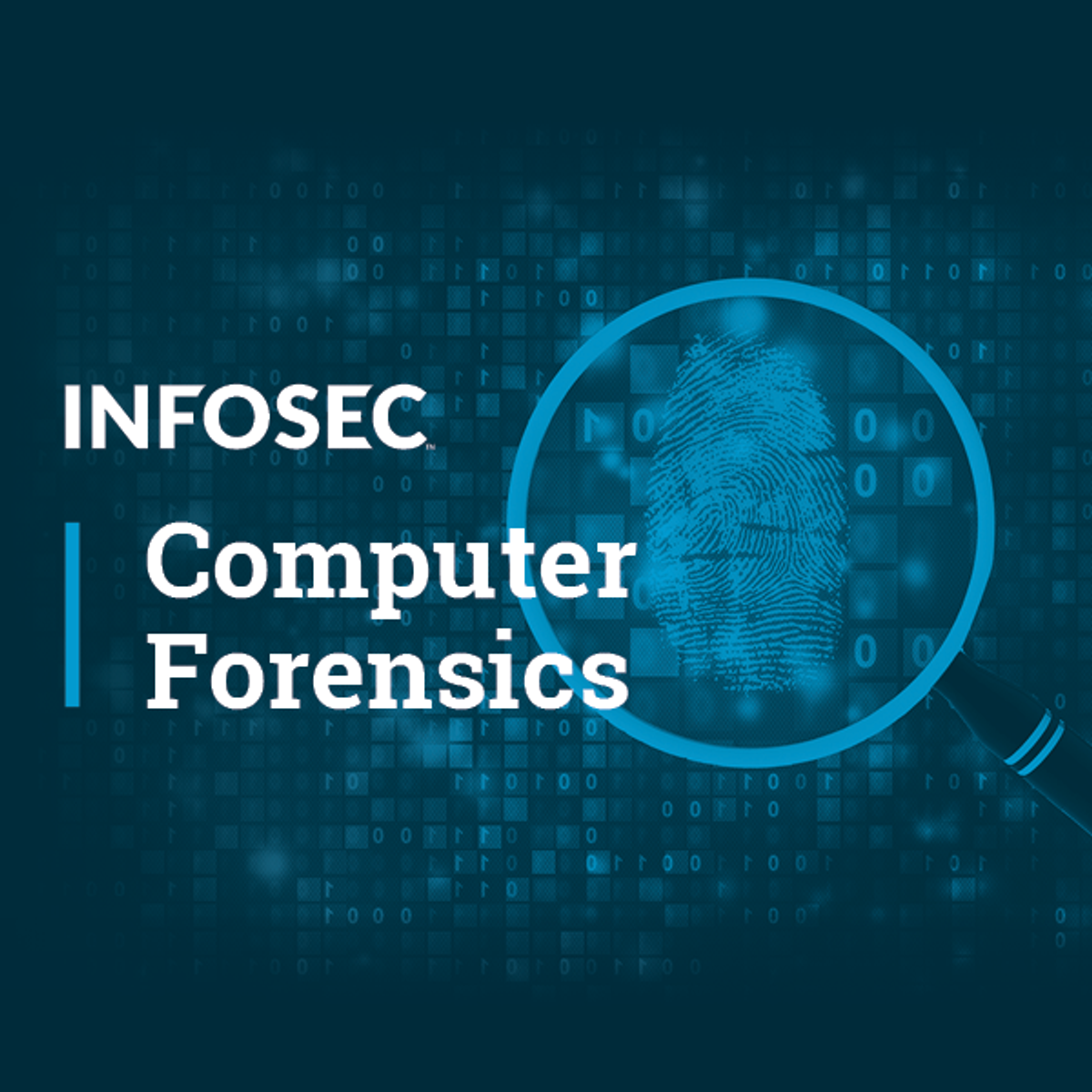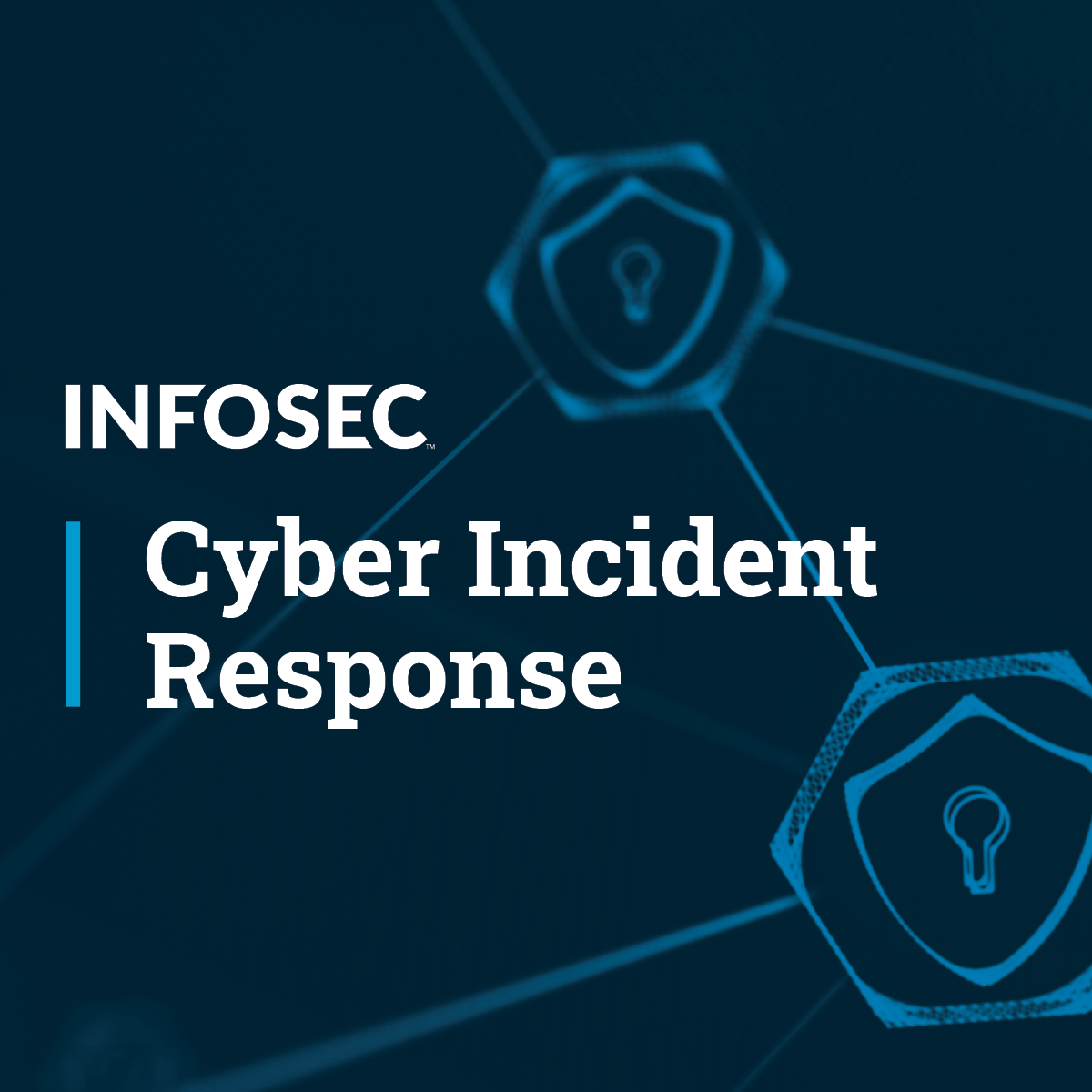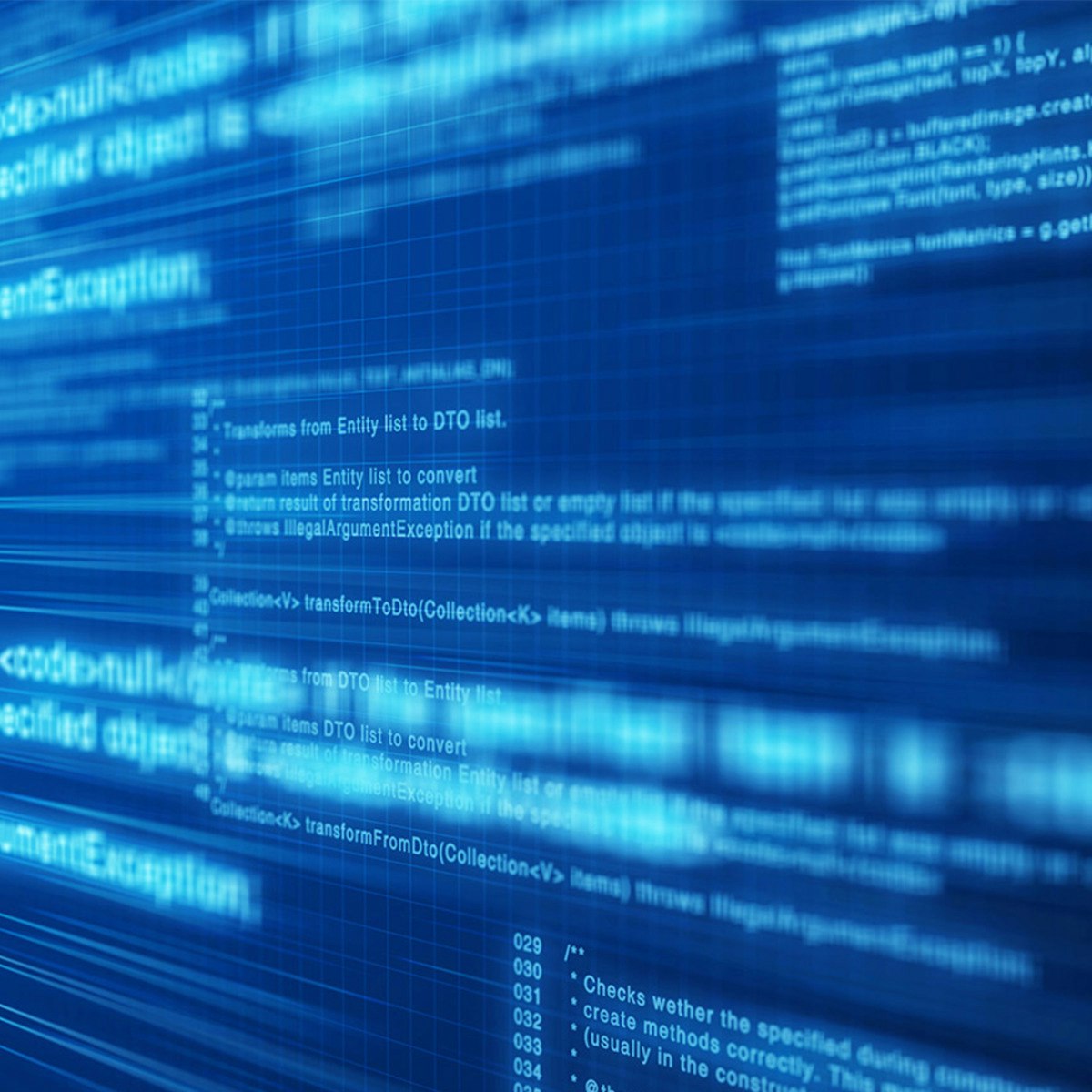Digital Forensics Analyst
Digital Forensics Analyst: Uncovering the Digital Trail
A Digital Forensics Analyst is a specialized investigator who recovers and examines material found in digital devices, often in relation to computer crime or corporate investigations. Think of them as digital detectives, piecing together evidence from computers, smartphones, servers, and networks. Their work involves meticulous methods to retrieve data, including deleted or hidden files, to understand events, identify actors, and present findings in a legally sound manner.
This field sits at the intersection of cybersecurity, law enforcement, and information technology. Analysts might work to uncover evidence of financial fraud, intellectual property theft, cyberattacks, or other illicit activities. The thrill of solving complex digital puzzles and contributing to justice or organizational security makes this a compelling career for those with analytical minds and a passion for technology.
What Does a Digital Forensics Analyst Do?
Understanding the day-to-day responsibilities provides insight into the practical nature of this career. It's a role that demands technical skill, attention to detail, and strong ethical principles.
Collecting and Preserving Digital Evidence
One of the most critical tasks is the collection and preservation of digital evidence. Analysts follow strict protocols to ensure that data from devices like hard drives, mobile phones, or cloud storage is acquired without alteration. This involves creating forensic images – exact copies of the original data – using specialized hardware and software.
Maintaining the integrity of the evidence is paramount. Analysts meticulously document every step taken, establishing a clear chain of custody. This ensures that the evidence collected is admissible in legal proceedings, whether in a criminal court or a corporate internal investigation. Any misstep in this process can compromise the entire investigation.
This process requires both technical proficiency and a deep understanding of legal standards. Analysts must know how to handle various operating systems, file systems, and encryption methods while adhering to rules of evidence specific to their jurisdiction or organizational policies.
These courses offer foundational knowledge in the procedures and techniques vital for evidence handling.
Analyzing Systems and Data
Once evidence is securely collected, the analysis phase begins. Digital Forensics Analysts use a variety of specialized tools and techniques to examine the data, searching for artifacts relevant to the investigation. This might involve recovering deleted files, analyzing system logs, examining internet history, or identifying malware.
The analysis often involves sifting through vast amounts of data to find the digital equivalent of fingerprints or footprints. Analysts look for patterns, anomalies, and connections that reveal how a system was compromised, what actions were taken, and who might be responsible. Understanding file systems, operating system internals, and network protocols is crucial.
This analytical work requires patience, persistence, and strong problem-solving skills. Analysts must think critically, develop hypotheses, and test them against the available evidence, often under tight deadlines and significant pressure.
For those interested in the analytical aspects, these resources delve into malware analysis and reverse engineering, key skills for deeper investigations.
Documenting Findings and Reporting
Clear and concise documentation is essential throughout the forensic process. Analysts must maintain detailed records of their actions, methodologies, and findings. This documentation forms the basis of their final report, which communicates the results of the investigation to stakeholders.
Reports need to be understandable to both technical and non-technical audiences, including lawyers, judges, juries, or corporate management. They must objectively present the evidence, explain the analytical process, and state conclusions supported by the data. Accuracy and impartiality are key.
In many cases, analysts may be required to testify as expert witnesses, explaining their findings in court. This requires strong communication skills and the ability to translate complex technical concepts into plain language while withstanding cross-examination.
Collaborating with Others
Digital Forensics Analysts rarely work in isolation. They often collaborate closely with legal teams, law enforcement officers, cybersecurity incident responders, human resources personnel, and IT departments. Effective teamwork and communication are vital for successful investigations.
In corporate settings, they might work with internal legal counsel or compliance officers to investigate policy violations or data breaches. In law enforcement, collaboration involves working alongside detectives and prosecutors to build criminal cases. Sharing information effectively and coordinating efforts ensures all aspects of an incident are properly addressed.
This collaborative aspect means analysts need good interpersonal skills alongside their technical expertise. They must be able to explain technical details clearly and work effectively within a team environment, often under stressful circumstances.
Formal Education Pathways
While passion and self-study can take you far, a formal education often provides a structured foundation and credibility in the digital forensics field. Various academic paths can lead to a career as a Digital Forensics Analyst.
Relevant Degrees and Certifications
Many aspiring analysts pursue bachelor's degrees in fields like computer science, cybersecurity, information technology, or criminal justice with a technical focus. These programs typically provide foundational knowledge in operating systems, networking, programming, and security principles.
Specialized degree programs in digital forensics or cybersecurity with a forensics concentration are becoming more common. These offer curricula tailored specifically to the skills needed in the field. For those seeking advanced knowledge or research opportunities, master's degrees or even PhDs in digital forensics or related areas are available.
Beyond degrees, professional certifications are highly valued in the industry. Certifications like the Certified Information Systems Security Professional (CISSP), Certified Forensic Computer Examiner (CFCE), GIAC Certified Forensic Analyst (GCFA), or EnCase Certified Examiner (EnCE) demonstrate specialized expertise and commitment to the profession. Requirements often include passing an exam and having relevant work experience.
These books cover foundational and advanced concepts often found in academic programs and certification requirements.
The Role of Internships and Practical Experience
Theoretical knowledge is important, but practical experience is crucial in digital forensics. Internships provide invaluable opportunities to apply classroom learning in real-world settings, working alongside experienced professionals on actual cases or simulations.
Many university programs incorporate lab-based learning, allowing students to practice forensic techniques using industry-standard tools in controlled environments. Building a portfolio of projects, participating in capture-the-flag (CTF) competitions focusing on forensics, or contributing to open-source forensic tools can also demonstrate practical skills to potential employers.
Gaining hands-on experience early is highly recommended. It not only reinforces learning but also helps build professional networks and makes candidates more competitive in the job market upon graduation.
Online Learning and Skill Development
The dynamic nature of technology means learning in digital forensics never stops. Online courses and self-directed study offer flexible and accessible ways to acquire new skills, supplement formal education, or pivot into the field.
Acquiring Core Skills Remotely
Many fundamental digital forensics skills can be effectively learned online. Topics like network analysis, basic cryptography, operating system fundamentals, file system structures, and introductory malware analysis are well-suited for remote learning formats.
Online platforms offer courses ranging from introductory overviews to deep dives into specific tools or techniques. Learners can study at their own pace, fitting education around work or other commitments. Platforms like OpenCourser aggregate thousands of options, allowing learners to browse courses in information security and related fields easily.
Building a strong theoretical foundation online is achievable. However, hands-on practice remains essential. Look for courses that include virtual labs, practical exercises, or guide you in setting up your own practice environment safely.
These online courses provide pathways to learn core technical skills relevant to digital forensics.
Building a Portfolio and Gaining Experience
Demonstrating practical ability is key for aspiring analysts, especially those relying heavily on self-study. Online resources can help build this experience. Participating in online forensic challenges, CTFs, or contributing to open-source projects provides tangible proof of skills.
Creating a personal lab environment using virtualization software allows for safe practice of forensic techniques on sample disk images or simulated scenarios found online. Documenting these projects and analyses can form the basis of a strong portfolio to showcase to potential employers.
OpenCourser's features, like the ability to save courses to a list, can help learners organize their learning path and track progress towards building the necessary skills for their portfolio.
Integrating Online Learning with Other Paths
Online learning can effectively supplement formal education or on-the-job training. University students can use online courses to explore specialized topics not covered in their curriculum or prepare for certifications. Professionals can use them for continuing education, staying current with new technologies, tools, and methodologies.
For those transitioning from related fields like IT support or system administration, online courses offer a structured way to acquire specialized forensic knowledge. Combining online learning with networking, mentorship, and seeking entry-level opportunities can be an effective strategy for a career pivot.
Remember that while online courses offer flexibility, discipline and self-motivation are crucial for success in self-directed learning. Setting clear goals and maintaining a consistent study schedule helps maximize the benefits.
These courses can supplement formal education or provide focused training for career transitioners.
Limitations of Self-Study
While online learning offers many advantages, it's important to recognize its limitations, particularly concerning legal and ethical compliance. Understanding the nuances of local laws, rules of evidence, and ethical obligations often requires context and guidance that may be harder to obtain solely through self-study.
Formal programs often incorporate legal and ethical training specific to digital forensics. Certifications also typically require adherence to a code of ethics. Those learning primarily online should actively seek out resources and mentorship to ensure they understand these critical non-technical aspects of the role.
Furthermore, access to expensive commercial forensic software and hardware can be a barrier for self-learners. While open-source tools are valuable, familiarity with industry-standard commercial tools is often expected by employers.
Tools and Technologies of the Trade
Digital Forensics Analysts rely on a specialized toolkit comprising both software and hardware to perform their work effectively and ethically.
Forensic Software Suites
Commercial forensic software suites are staples in most professional labs. Tools like EnCase by OpenText and Forensic Toolkit (FTK) by Exterro provide comprehensive capabilities for imaging, analysis, and reporting across various operating systems and file types.
These suites often include features for indexing large datasets, carving deleted files, analyzing registry hives, examining email archives, and visualizing timelines. They are designed to maintain forensic integrity and generate detailed logs of actions taken.
Other specialized software exists for mobile device forensics (e.g., Cellebrite UFED, Magnet AXIOM), memory analysis (e.g., Volatility Framework), network forensics (e.g., Wireshark), and database forensics.
Familiarity with these core tools is often a requirement for analyst positions. These books and courses offer insights into the tools and techniques used.
Essential Hardware
Hardware tools are equally important in digital forensics. Write-blockers are crucial devices that prevent any data from being written back to the original evidence media during acquisition. They connect between the evidence drive and the forensic workstation, ensuring data integrity.
Forensic workstations are powerful computers optimized for processing large volumes of data quickly. They often feature high-speed processors, ample RAM, and large storage capacity, including dedicated drives for evidence images and case files.
Other hardware might include specialized adapters for connecting various types of storage media (e.g., M.2, NVMe, mobile device interfaces), Faraday bags to block wireless signals from mobile devices, and duplication devices for creating multiple forensic images simultaneously.
Emerging Tools and Techniques
The digital landscape is constantly evolving, requiring analysts to adapt and learn new tools. Cloud forensics presents challenges due to distributed data storage and provider limitations, necessitating tools and techniques specifically designed for cloud environments (e.g., accessing logs, acquiring virtual machine snapshots).
The proliferation of Internet of Things (IoT) devices introduces new evidence sources and forensic challenges. Analysts need tools and methods to extract and interpret data from smart home devices, wearables, and embedded systems, which often use proprietary file systems and communication protocols.
Encryption is another major challenge. Analysts increasingly need tools and techniques for handling encrypted drives, files, and network traffic, sometimes involving password cracking or exploiting implementation weaknesses.
These resources touch upon advanced techniques relevant to evolving technologies.
Open-Source Alternatives
While commercial tools dominate many professional labs, a vibrant ecosystem of open-source forensic tools exists. Tools like Autopsy (a graphical interface for The Sleuth Kit), Volatility Framework (for memory analysis), and Wireshark (for network analysis) are powerful and widely used.
Open-source tools offer cost savings and transparency, as their source code is available for inspection. They are excellent for learning, research, and situations where budget is a constraint. Many analysts use a combination of commercial and open-source tools.
However, open-source tools may sometimes lack the comprehensive support, integrated workflows, or validation testing found in commercial suites. Analysts must be proficient in understanding the capabilities and limitations of the tools they choose, regardless of whether they are commercial or open-source.
Digital Forensics Analyst Career Progression
A career in digital forensics offers various paths for growth and specialization. Understanding the typical trajectory can help aspiring analysts plan their development.
Entry-Level Roles
Individuals often enter the field in roles like Junior Digital Forensics Analyst, IT Auditor with a forensic focus, or as part of a Security Operations Center (SOC) team handling initial incident triage. These positions typically involve assisting senior analysts, performing basic evidence handling and analysis tasks, and learning established procedures.
A strong foundation in IT fundamentals, operating systems, and networking is usually required, often coupled with a relevant degree or entry-level certifications. Early roles focus on building practical skills and understanding the workflow under supervision.
These courses can help build foundational knowledge for entering the field or transitioning from related IT roles.
Mid-Career Paths and Specialization
With experience, analysts can advance to roles like Digital Forensics Analyst, Incident Responder, or Forensic Consultant. These positions involve more complex investigations, greater autonomy, and potentially mentoring junior staff. Specialization often occurs at this stage.
Analysts might specialize in areas like mobile device forensics, network forensics, malware analysis, cloud forensics, or e-discovery. Consulting roles may involve working for specialized firms, providing expertise to various clients across different industries, including legal, corporate, and government sectors.
Continuing education, advanced certifications (like GCFA or GCFE), and staying abreast of technological changes are crucial for mid-career growth. Strong analytical and communication skills become increasingly important for handling complex cases and interacting with diverse stakeholders.
Leadership and Senior Roles
Experienced analysts with strong leadership and technical skills can progress to senior positions. These might include managing a digital forensics lab, leading an incident response team, serving as a Chief Security Officer (CSO) or Chief Information Security Officer (CISO) with a forensics background, or becoming a partner in a consulting firm.
Leadership roles involve strategic planning, managing budgets and personnel, setting policies and procedures, and representing the forensics function at an executive level. Deep technical expertise combined with business acumen and management skills are essential.
Some senior practitioners focus on research and development, pushing the boundaries of forensic techniques, or contributing to the field through teaching, writing, and speaking at conferences.
Salary Expectations
Salaries for Digital Forensics Analysts vary based on experience, location, certifications, education level, and the type of employer (e.g., government, private sector, consulting). Entry-level positions typically offer competitive salaries within the broader IT and cybersecurity fields.
Mid-career and senior analysts, especially those with specialized skills and sought-after certifications, can command significantly higher salaries. According to the U.S. Bureau of Labor Statistics (BLS), the field of Information Security Analysts (which often includes digital forensics roles) shows strong growth projections and competitive wage data. For specific salary ranges, resources like the BLS Occupational Outlook Handbook or industry salary surveys from firms like Robert Half can provide up-to-date estimates.
Demand for skilled digital forensics professionals remains high due to the increasing prevalence of cybercrime and the need for digital evidence in various investigations. This generally translates into favorable salary prospects for qualified individuals.
Ethical and Legal Considerations
Digital forensics operates within a complex web of legal requirements and ethical standards. Adherence to these principles is non-negotiable for maintaining credibility and ensuring the admissibility of evidence.
Chain of Custody and Evidence Integrity
Maintaining an unbroken chain of custody is fundamental. This means meticulously documenting the collection, handling, storage, and transfer of digital evidence. Every person who handles the evidence must be accounted for, ensuring no opportunity for tampering arises.
Using forensically sound procedures, like write-blockers and validated tools, helps preserve the original evidence in an unaltered state. Any deviation from these procedures can render the evidence inadmissible in court and undermine the entire investigation.
Analysts must be diligent in their record-keeping and follow established protocols precisely. This discipline ensures the scientific rigor and legal defensibility of their work.
Privacy Laws and Regulations
Digital investigations often involve accessing sensitive personal information. Analysts must navigate a complex landscape of privacy laws and regulations, such as the General Data Protection Regulation (GDPR) in Europe or the California Consumer Privacy Act (CCPA) in the US.
These laws dictate how personal data can be collected, processed, and stored. Analysts must ensure their actions comply with applicable regulations, respecting individual privacy rights while fulfilling investigative objectives. This often requires careful scoping of investigations and obtaining proper legal authorization (like warrants or subpoenas) before accessing certain data.
Failure to comply with privacy laws can lead to legal penalties, reputational damage, and the exclusion of evidence. Understanding these legal frameworks is a critical part of the analyst's responsibilities.
Ethical Dilemmas and Professional Conduct
Analysts may face ethical dilemmas during investigations. They might uncover evidence of unrelated misconduct or be pressured to interpret findings in a biased way. Maintaining objectivity, impartiality, and confidentiality is paramount.
Professional codes of ethics, often associated with certifications or professional organizations, provide guidance on navigating these situations. Analysts must prioritize truth and accuracy, report findings objectively, and avoid conflicts of interest. Their primary duty is to the evidence and the facts it reveals.
The high stakes involved in many investigations – potentially impacting careers, finances, or freedom – underscore the importance of unwavering ethical conduct.
Expert Testimony and Liability
When analysts testify as expert witnesses, their methods, conclusions, and credentials come under scrutiny. They must be prepared to explain complex technical concepts clearly and defend their findings under cross-examination.
Presenting findings accurately and objectively is crucial. Any perceived bias, error in methodology, or misrepresentation of facts can severely damage the analyst's credibility and potentially lead to legal liability.
Thorough preparation, adherence to established scientific principles, and clear, honest communication are essential for effective expert testimony.
Industry Trends Shaping Digital Forensics
The field of digital forensics is constantly evolving in response to technological advancements, changing threat landscapes, and new regulatory environments.
Impact of Artificial Intelligence (AI)
Artificial intelligence and machine learning are beginning to impact digital forensics. AI can potentially assist in automating the analysis of large datasets, identifying patterns, correlating events, and speeding up investigations. Tools incorporating AI might help prioritize evidence or flag suspicious activities more efficiently.
However, AI also presents challenges. Adversaries may use AI to create more sophisticated attacks or obfuscate their tracks. Furthermore, the use of AI in forensic analysis raises questions about transparency, bias, and the admissibility of AI-generated findings in court. The field is actively exploring how to leverage AI responsibly and effectively.
Growth in Corporate Investigations
While traditionally associated with law enforcement, demand for digital forensics is rapidly growing in the corporate sector. Businesses increasingly rely on digital forensics analysts to investigate internal fraud, intellectual property theft, employee misconduct, policy violations, and data breaches.
Regulatory compliance requirements and the potential financial and reputational damage from security incidents drive this demand. Companies are building internal forensic capabilities or relying on specialized consulting firms to handle these sensitive investigations.
Challenges from Decentralization and Encryption
The rise of decentralized technologies like blockchain and the widespread use of end-to-end encryption in messaging apps create significant challenges for digital forensics. Investigating transactions on a blockchain or recovering encrypted communications requires new tools and techniques.
Tracing illicit activities across decentralized platforms or decrypting communications without access keys can be extremely difficult, if not impossible. This technological evolution necessitates ongoing research and development within the forensics community to keep pace.
Globalization and Regulatory Variations
Cybercrime and digital investigations often cross international borders. Analysts must navigate differing legal systems, privacy regulations, and data-sharing agreements when dealing with evidence located in multiple jurisdictions.
Obtaining evidence from foreign countries can be a complex and time-consuming process, often involving Mutual Legal Assistance Treaties (MLATs). The global nature of digital evidence requires analysts to have awareness of international legal frameworks and collaborate effectively with counterparts in other countries.
Challenges in the Digital Forensics Field
While rewarding, a career in digital forensics comes with its share of challenges. Awareness of these hurdles helps set realistic expectations.
Dealing with Data Volume and Complexity
The sheer volume of digital data generated today is immense. Storage devices hold terabytes of information, and network traffic can be overwhelming. Analysts must sift through massive datasets efficiently to find relevant evidence, requiring powerful tools and analytical skills.
The complexity of modern systems, including cloud environments, mobile operating systems, and IoT devices, adds another layer of difficulty. Each platform has unique structures and artifacts, requiring specialized knowledge and continuous learning.
Keeping Pace with Technology
Technology evolves at a breakneck speed. New devices, operating systems, applications, and encryption methods emerge constantly. Digital forensics analysts must continuously update their skills and knowledge to remain effective.
Forensic tools also need constant updating to support new technologies. What works today might be obsolete tomorrow. This requires a commitment to lifelong learning through training, research, and participation in the professional community.
OpenCourser's Notes blog and extensive course catalog can be valuable resources for staying current with technological advancements and learning new techniques.
Navigating Legal and Jurisdictional Hurdles
As mentioned, legal complexities, especially in cross-jurisdictional cases, pose significant challenges. Obtaining legal authorization, adhering to varying privacy laws, and ensuring evidence admissibility requires careful navigation of the legal landscape.
Anti-forensic techniques, used by criminals to hide or destroy digital evidence, also present obstacles. Analysts must be skilled in identifying and overcoming such measures, like data wiping, obfuscation, or steganography.
Managing Stress and Burnout
Digital forensics investigations can be high-stakes and stressful. Analysts often work under tight deadlines, deal with sensitive or disturbing content (especially in criminal cases), and face pressure to produce accurate results that can have significant consequences.
The meticulous nature of the work and the constant need to stay updated can also contribute to burnout. Maintaining work-life balance, seeking peer support, and developing coping mechanisms are important for long-term sustainability in this demanding field.
Frequently Asked Questions about a Career as a Digital Forensics Analyst
Here are answers to some common questions potential entrants into the digital forensics field often ask.
Can I transition from IT support or system administration?
Yes, transitioning from roles like IT support or system administration is quite common. These roles provide a strong foundation in operating systems, networking, and hardware, which are essential for digital forensics. You'll need to supplement this experience with specialized forensic training, understanding of legal principles, and familiarity with forensic tools.
Focus on acquiring knowledge in areas like evidence handling protocols, chain of custody, file system analysis, and relevant legal/ethical considerations. Pursuing certifications like CompTIA Security+ or more specialized forensic certifications can help bridge the gap and demonstrate commitment to the new field.
How much math is involved in this career?
While advanced theoretical mathematics isn't typically required for most day-to-day tasks, a solid understanding of basic mathematical concepts is helpful. Areas like binary and hexadecimal number systems are fundamental for data representation.
Understanding cryptographic principles involves some mathematical concepts, although applying cryptographic tools usually doesn't require deep mathematical expertise unless you are involved in cryptanalysis research. Statistical concepts might be useful for analyzing large datasets or network traffic patterns. Overall, strong logical reasoning and analytical skills are more critical than advanced math proficiency.
Is a security clearance necessary?
Whether a security clearance is required depends heavily on the employer. Roles within government agencies (especially federal law enforcement or intelligence communities) or government contractors often require security clearances, potentially up to Top Secret/SCI level.
In the private sector, security clearances are less common unless the company works extensively on government contracts involving classified information. However, thorough background checks are standard practice for most digital forensics positions due to the sensitive nature of the work and access to confidential data.
What is the long-term career outlook, considering automation?
The long-term outlook for digital forensics analysts appears strong. While AI and automation may handle some routine tasks or assist in analyzing large datasets, the need for human expertise in interpreting evidence, understanding context, navigating legal complexities, and testifying in court remains crucial.
Cybercrime continues to grow in sophistication and volume, increasing the demand for skilled investigators. The U.S. Bureau of Labor Statistics projects faster-than-average growth for Information Security Analysts, a category encompassing digital forensics. The role will likely evolve, requiring analysts to adapt and work alongside automated tools, but the core need for human analytical skills and judgment persists.
What are the typical work hours and on-call expectations?
Work hours can vary. In many corporate or government settings, analysts work standard business hours. However, incident response situations, critical investigations, or looming court deadlines can necessitate longer hours, including evenings and weekends.
Some roles, particularly those focused on incident response, may involve on-call rotations to handle urgent security events outside of normal working hours. The specific expectations depend on the employer and the nature of the role (e.g., proactive investigations vs. reactive incident response).
Where is the global demand for Digital Forensics Analysts highest?
Demand for digital forensics professionals is strong globally, particularly in regions with significant technology sectors, financial centers, and robust legal frameworks addressing cybercrime. Developed countries in North America, Europe, and parts of Asia-Pacific generally show high demand.
Major metropolitan areas with concentrations of corporations, government agencies, and law firms tend to be hotspots. However, the increasing prevalence of remote work may also broaden opportunities beyond traditional geographic centers.
Embarking on a career as a Digital Forensics Analyst requires dedication, continuous learning, and a strong ethical compass. It offers the chance to work at the forefront of technology and justice, uncovering digital truths in an increasingly complex world. With the right preparation and mindset, it can be a challenging yet profoundly rewarding path.

